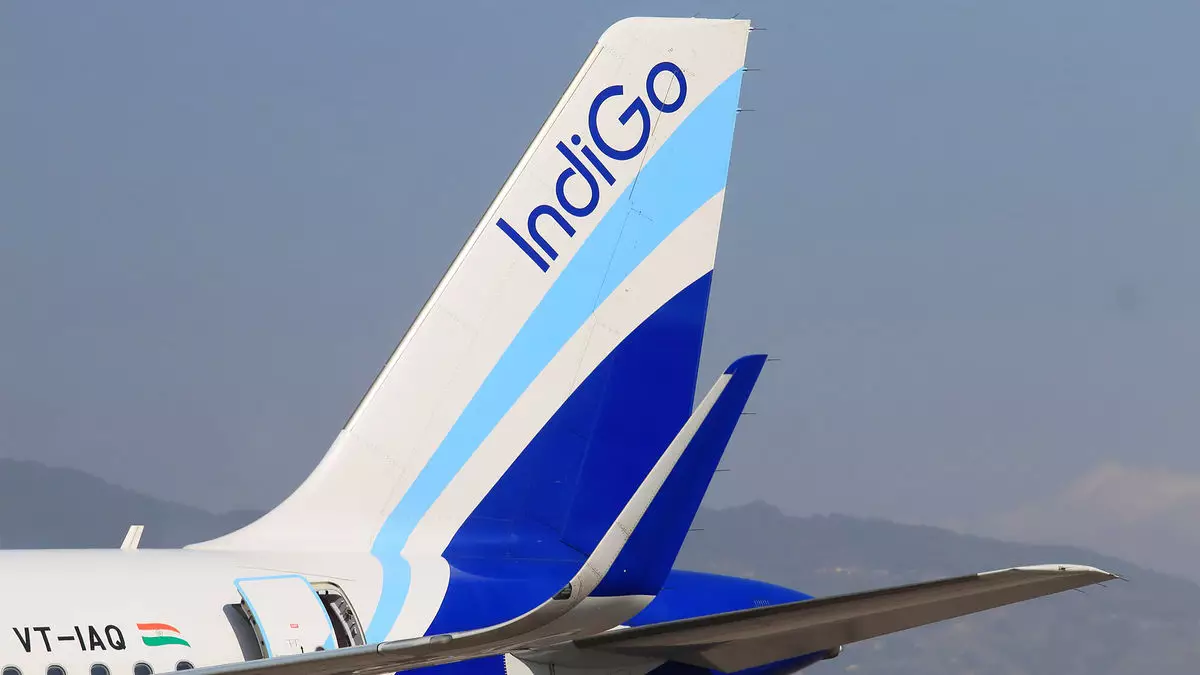In a significant stride indicative of its ambitious trajectory, IndiGo, India’s leading airline, is rolling out its first codeshare agreements with major global players. The announcement made at the International Air Transport Association (IATA) Annual General Meeting signals more than just a network expansion; it is a transformative moment for an airline that began its journey as a domestic low-cost carrier 18 years ago. The partnership with Delta Air Lines, KLM, and Virgin Atlantic will allow IndiGo to extend its reach into the U.S. and Canada, a move that underscores its aspiration to be a key player in the global aviation landscape.
IndiGo’s CEO, Pieter Elbers, emphasized the vast potential that these partnerships hold. It is not merely about codesharing on international routes; it’s about establishing a foothold in a market that has been historically challenging for the airline. The collaborative efforts are anticipated to pave the way for deeper integration as IndiGo seeks to align itself with the transatlantic alliance of Delta, Virgin Atlantic, and Air France-KLM. Such an alignment would be beneficial, not only for operational synergies but also for optimizing passenger traffic.
Navigating Long-Haul Challenges
One of the hurdles that IndiGo faces in this expansion is the realm of long-haul operations. With its initial long-haul routes launching this July to Manchester and Amsterdam, the airline aims to broaden its international footprint. However, true success in long-haul travel requires more than just codeshare agreements; it necessitates the proper aircraft and infrastructure. Currently, IndiGo is supplementing its widebody needs with leased Boeing 787s but, as Elbers pointed out, the future hinges on their capability to deliver an extensive fleet of Airbus A350s, which are poised to come into service starting in 2027.
While the timelines may seem distant, IndiGo’s determination to penetrate the U.S. market is evident. The eventual introduction of its own fleet will provide the airline with greater operational autonomy and flexibility, factors often overlooked in initial strategic partnerships. By 2027, the anticipated delivery of 30 Airbus A350s signifies a commitment to enhancing passenger experience and operational efficiency—vital key components in the highly competitive long-haul market.
Unleashing Potential in Emerging Markets
IndiGo’s strategic codeshare agreements not only highlight its ambition but also tap into the burgeoning demand for air travel between India and the U.S. The aviation market saw a remarkable 7 million passengers flying between these nations last year, indicative of an expanding middle class eager to travel. Delta’s desire to return to the Indian subcontinent, following a brief hiatus due to the pandemic, also reflects an optimistic outlook on the market’s recovery and growth potential.
While some aviation experts have cast skepticism over the viability of Indian carriers successfully operating long-haul routes, IndiGo’s approach—rooted in alliances and a phased rollout of services—signals a confident path forward. The key will be leveraging partnerships not just to fill seats but to ensure a seamless travel experience for customers, an element that has become increasingly important in attracting international passengers.
Shaping the Future of Flying
The consolidation of power through strategic codesharing is a smart maneuver, as it allows IndiGo to offer international routing flexibility without the immediate capital and resource investment traditionally needed for expansive global operations. Delta’s support and potential for future collaboration, as indicated by CEO Ed Bastian, could further enhance this partnership. The fact that both parties are already discussing longer-term integration suggests that the groundwork is being laid for a robust alliance that could redefine travel in the India-U.S. corridor.
IndiGo’s impressive order book, crowned by a record order of 500 Airbus narrow-body aircraft, showcases its aggressive expansion strategy and ongoing commitment to enhancing its service offerings. As Elbers boldly stated, “I don’t think there’s a more exciting airline in the world in terms of what they’re doing.” This reflects a mindset that is not just reactive to market trends but proactive in shaping them.
The future is bright for IndiGo, and its foray into transatlantic codeshares is an indication of not merely growth but a visionary pivot towards transforming the airline into a formidable global player in aviation.

